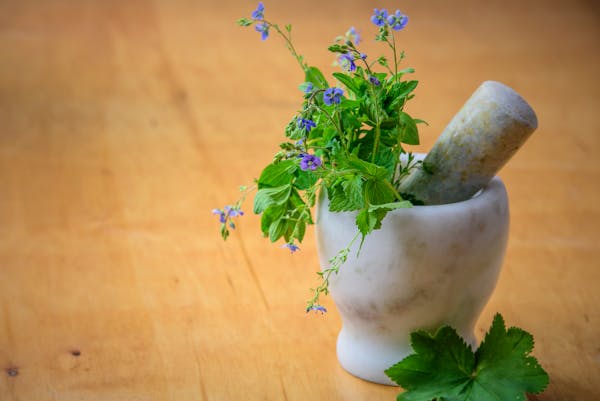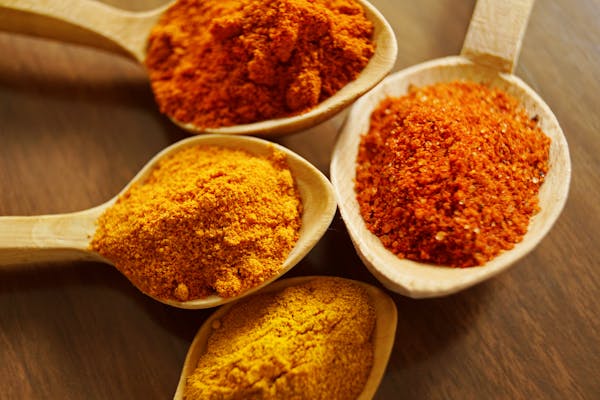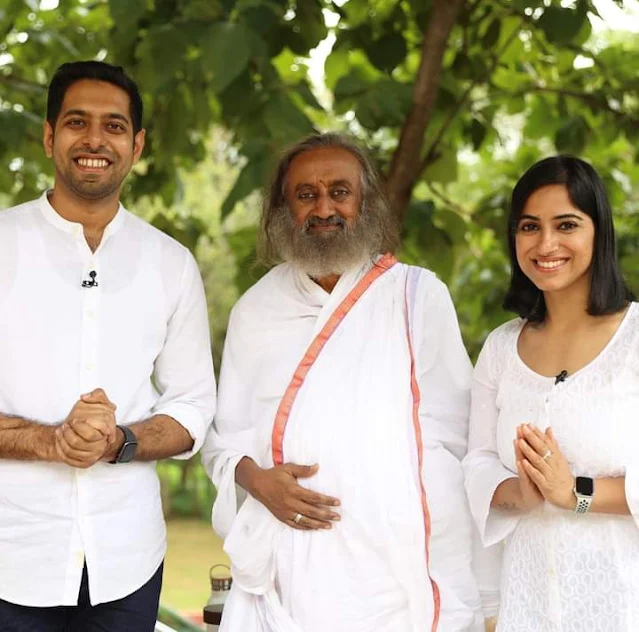Offer it to "Ishvara." Offer your self. "Atmatvah" means "Shivoham" - I am Shiva. Whether you say, "Shivoham" or "Shivarpanam" both mean the same. When everything has been offered to Shiva, we realise “Shivoham, Shivoham”.I am Shiva.I am Shiva
Chapter 14 - Offering To Shiva
Day 69
There are four types of wishes - putraitava, vittaitava, lokaitava and jivaitava. "Putraitava" means "my son, mine, my daughter-in-law, and my daughter" and so on.
It is over-attachment to one's children. People get so attached to their children that they do not allow them to leave the house. Those who have putraitava suffer the most and also ruin the lives of their children.
There was a famous family in Kerala, who sheltered their son so much and kept him at home that he was unable to do any work. He could not even go to the bank to withdraw money.
And if someone came to the house to visit, he was not able to speak to them, though he was 40 years old. Now the son is unhappy, and the family, including his parents, is also unhappy.
They have made him a prisoner in the house. He has been raised in prison. He calls his 70 year old father to accompany him on a trip to the bank. This is how he lives.
This family is not an exception. This happens in more or less all wealthy families. They protect their children so much that they become useless.
Such things can be seen in society. "Vittaitava" - means only working, from morning to evening throughout one's life to earn money or to secure property. If someone asks what you will finally do with the money.
The answer is - "I don't know, but without it. I am uncomfortable." This is "vittaitava." extreme attachment to money. A person who has this will not spend nor will he allow others to spend.
He will not buy anything even for his children. If the children ask for toys, he will refuse, saying, "They will break any toys I buy. So why buy them toys?
"He may not need toys to play with, but children do. If his wife asks for a sari, he will say, "Why buy a sari unnecessarily? You have plenty. Wear what you have. Once those wear out, then we'll buy more."
He will buy neither what he wants nor what others want. Once, some children were complaining "When we go for a trip with father, he won't stop the car when we say we want to eat something, but only when he wants to stop."
All the food had been packed in the car that morning. The father did not stop the car for two hours, and the children did not get anything to eat because he wanted to travel farther before stopping for food.
What is the use of having something when it is not available when we need it? You have enough money, but you do not spend it when it is needed. Instead, you hoard it for your grandchildren.
What is the use of such wealth? Once a businessman called his accountant and asked, "How much money do I have? Till what generation will it last? When can I retire peacefully and relax at home”.
“My hectic schedule has given me diabetes, chest pain, stomach aches and pain in my hands, legs and all over”. After checking the accounts, his accountant said, "You have enough for the next four generations that they can live on without needing to work. You have amassed so much wealth”.
Immediately the businessman said, "Oh my God, it will last only for four generations? What about the fifth generation? Now I cannot rest. I don't have any time to waste”.
“I could be born in the seventh generation. I have to earn enough for at least seven generations”. Vittaitava can also lead one downwards.
"Lokaitava" - this is the feeling that.
Everyone should stop when they see me. They should praise and respect me. People should say that I am a good man." Otherwise, these people worry about what people think about them.
When you are constantly interested in outside objects in the world, this attachment, lokaitava, starts. "Tivaitava" - where do vou see jivaitava? You find it in those who have not fully lived their lives.
You say, "If I were to have such a disease or if I had lost my legs or my hands, I would have thrown myself in a river." Yet, at many places like fairs or in front of temples, you find people moving using a wooden plank
with wheels.
They may not have both hands and both legs. They may have only a head and a body, but even in such a condition, they still desire to live. Some elderly people who have lived 80 or 90 years want to live for another 10 years.
They have this wish. People who have not really experienced life feel jivaitava, the desire to live more. When a doctor says, “Everything is over for you. You are in the last stages. Pray to God. I won't be able to do anything more for you”.
The patient cries, “Somehow, save me. I have to live a few days more”. These four wishes exist in the mind and in the environment and many times they affect us.
So how can we guard ourselves from these influences? Always remember that the shivatattva, the principle of the Divine, is present in your body. What can you offer? Who will offer it? What is there to offer?
Look at this closely. Shiva's first name is Pashupati, lord of the animals. What is "pashu"? This body is "pashu." "Pashu" is that which moves on its own without influence from the outside.
This body is pashu, and its master is Shiva. This life-force sometimes bakes, sometimes burns and at other times it blazes. When we become aware of the burning of prana, of the life force, then we move from being an animal to being alive.
Who is the master of this burning? Shiva is the master. Offer it to Shiva. Somanath - Who is Somanath? What is "soma"? "Soma" means mind, the principle of the mind. Somanath is the master of the mind.
Who is the master of the mind, of all thoughts, good and bad? Shiva is the master. Offer the mind to him. What comes after the mind? The intellect. Gauri, the Divine Mother, is the intellect.
The principle of Gaur is the intellect. Who is the master of the intellect? Again, offer your intellect. "Ishvara" means "atmanatha", the lord of the self.
Offer it to "Ishvara." Offer your self. "Atmatvah" means "Shivoham" - I am Shiva. Whether you say, "Shivoham" or "Shivarpanam" both mean the same. When everything has been offered to Shiva, we realise “Shivoham, Shivoham”.


















No comments:
Post a Comment